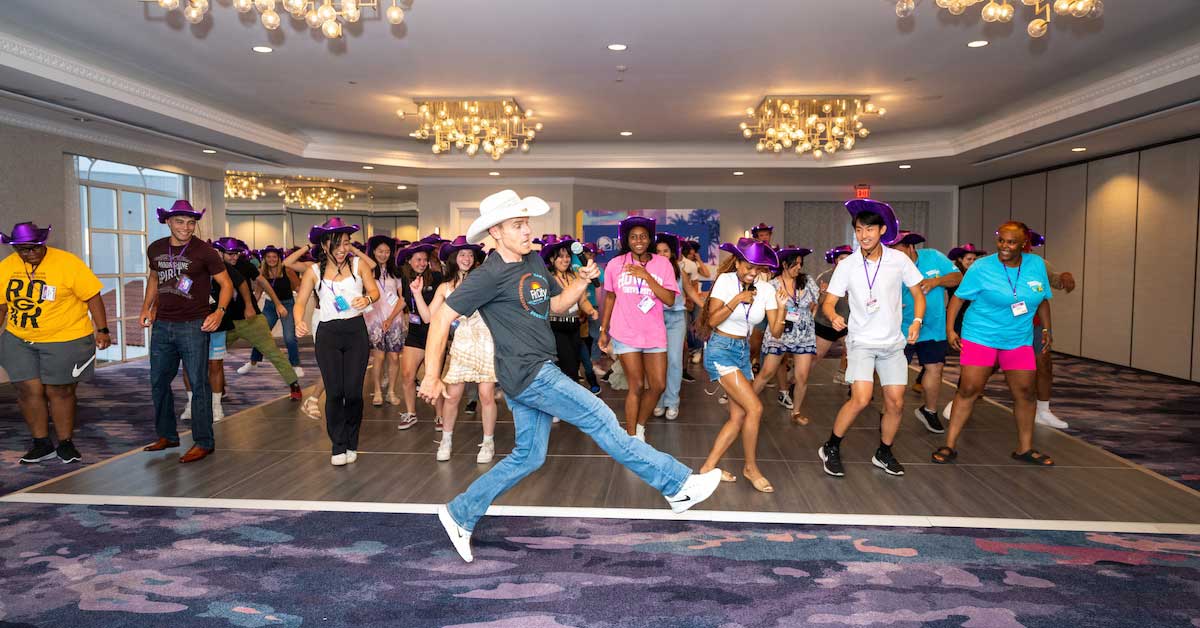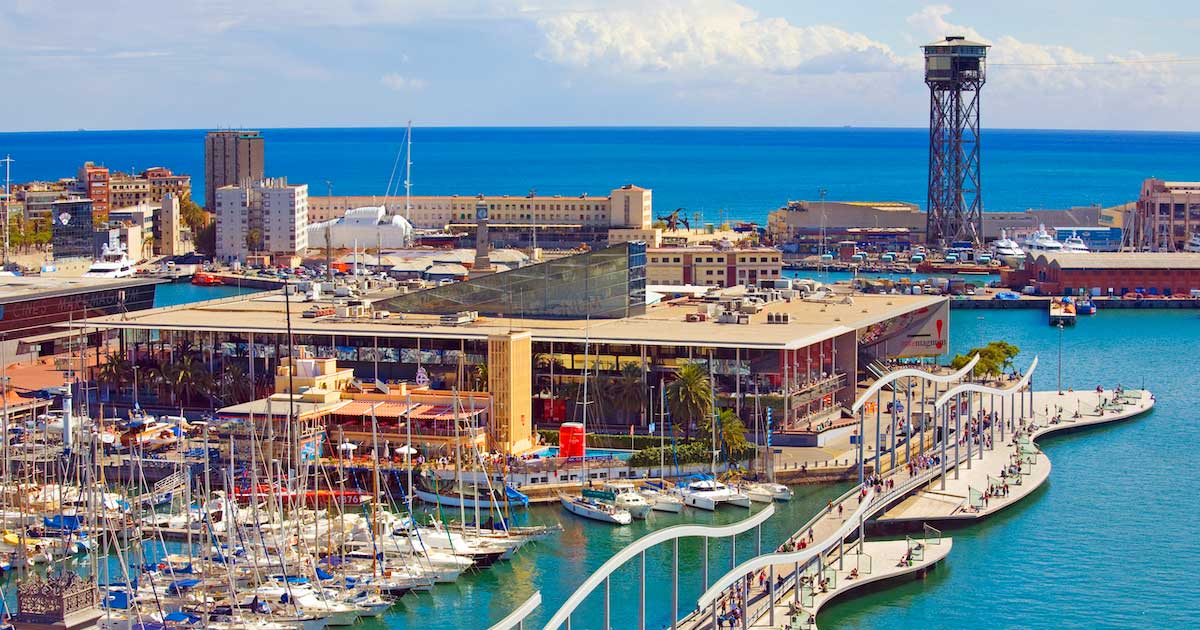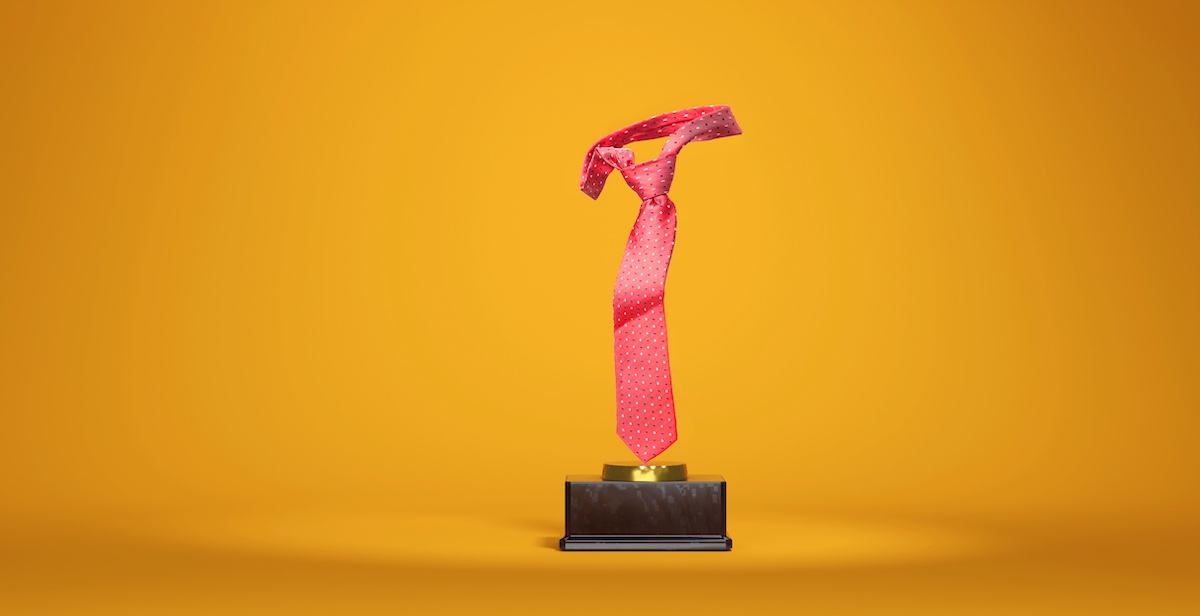James Taylor, co-founder of The Ethical Futurists, plans to take attendees of MPI’s European Meetings & Events Conference (EMEC) in Brighton, UK, on a journey to discover why collaboration, creativity and sustainability are key to understanding the future of meetings and events.
“They will learn why as meeting professionals we are each responsible for creating the kind of change we want to see in the world,” says Taylor, who will be presenting “Plenary Power Parlay: Supercollaboration in the New Era of Business” along with The Ethical Futurists co-founder Alison Burns. “We’ll also be sharing a number of actionable ideas that they can use to unlock their own creative potential, and that of their team, in order to make more innovative and sustainable events.”
We spoke with Taylor about how meeting professionals can tap into their creativity, keeping pace in a fast-paced world and the changing nature of collaboration.
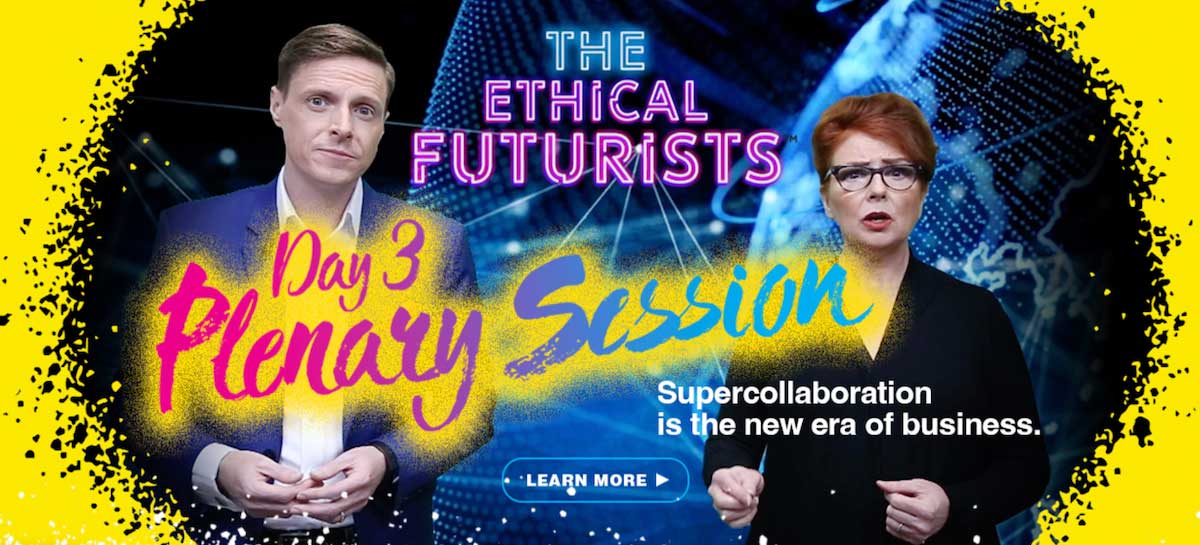
How can meeting professionals move beyond conventional wisdom/tactics to better tap into their own creativity?
Unlocking your full creative potential first of all requires that you look at creativity and creative thinking like a skill that can be developed and improved over time. It’s similar to learning a language, yoga, meditation or sports. We are all born with this potential for unlimited creativity but it’s how we harness it that’s important. The way we train many executives, senior leaders or managers in creativity is to teach them a set of creative thinking tools. These tools have the benefit of both being easy to learn and apply but also creating a common language in the organization.
Like any tool, the more you use them, the more skilled you become. Some tools you might use for generating a large number of new ideas, others work better in a team context, while others are about quickly analyzing all the ideas you produce and deciding which to prototype and test. But perhaps the biggest myth that exists in creativity is what we call “The Lone Creative Genius Myth.” This is the idea that creativity is solely an individual pursuit. However, all the research shows us that creativity is collaborative, creativity is a team sport. That’s one of the great things about the meetings industry, it’s all about creative collaboration. So it’s not just about tapping into your own creativity but how do you create a sense of psychological safety in your organisation so anyone, regardless of seniority or job title, feels empowered to speak up and put forward and challenge ideas.
“We are all born with this potential for unlimited creativity but it’s how we harness it that’s important.”
In a fast-changing world where many struggle to keep up, do you have a tip for how meeting professionals can keep pace with (or even get ahead of) change?
The source of all creativity is curiosity. It’s that ability that we see in top meeting professionals, entrepreneurs, scientists and disruptors to continually be asking questions of ourselves, our team and the world around us. Jack Ma, who is one of Asia’s richest entrepreneurs and a real pioneer in artificial intelligence, was recently asked which skills we should look to develop to adapt to change. He said don’t bother competing with a machine on something it can do better, faster or cheaper than you. You need to focus on that one advantage you have as a human...your curiosity. Technologies like extended reality, VR and AR will change event production while Generative AI like ChatGPT will augment the role of event marketers. So follow your curiosity. Spend time learning and experimenting. Try things and make mistakes. We truly believe that these technologies will actually augment the role of most of us that work in the world of events, conferences and meetings.
Can you tell us how the nature of collaboration has changed since the onset of the COVID-19 pandemic?
It has increased the speed at which we collaborate both with humans and machines. For example, as keynote speakers we now find ourselves frequently keynoting events where we’re in our greenscreen or hologram studio in Scotland, the virtual stage has been designed by a team in Argentina using Unreal Engine, the technical team is in Canada, the emcee is in Spain is using ChatGPT to write her script, the event producer is in the U.S. and the audience is global. Most in-person events we do now are actually hybrid, where we are speaking to a room of 500 people in Dubai but we have 1,500 watching online or in the metaverse.
During the pandemic many of the CEOs who invited us to speak at their virtual or in-person conferences would tell us that while productivity remained high during the pandemic they noticed that innovation and culture really suffered. We think that is why in-person events are so powerful. Deep collaboration requires trust and a great way to build trust is have times when your people are together in real life. This doesn’t always have to be a traditional in-house meeting or a conference. A lot of our clients are creating mini-festivals or offsite retreats to create that culture of collaboration.
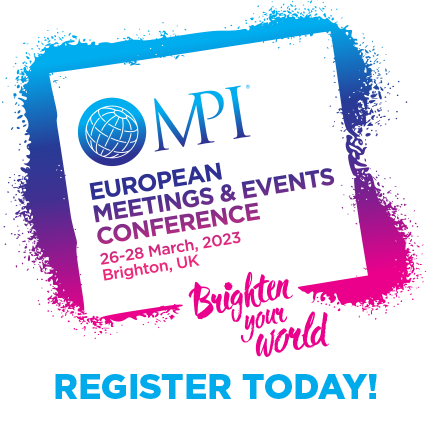
Why did you form The Ethical Futurists? What inspired you and what have you learned from the process?
Myself and Alison Burns (AKA The Ethical Futurists) look at the future in different ways. Alison’s background is an engineer, lawyer and jazz singer and she speaks about sustainability, natural capital, human capital and ethics. My focus is more around creativity, collaboration and future trends like AI and robotics. However, we were both frustrated that so many depictions you see of the future paint a post-apocalyptic picture of killer machines and AI replacing everyone’s jobs. As keynote speakers and storytellers, we wanted to share inspiring examples of a more hopeful and optimistic future. All too often we don’t hear the amazing stories of those innovators and disruptors who are building businesses, events and experiences that do well by doing good.
What we are finding is that many of the clients who book us to keynote at their events are at the frontline of responding to the climate crisis. So that’s banks and financial institutions, energy companies, engineering and tech firms and food producers. Europe and the U.S. are probably at the forefront of this change because of ESG legislation and changing consumer expectations for brands and events to be more sustainable. However, I would say the real agents of change here are Millennials and Gen Zs who care most strongly about the climate crisis and are frequently the ones putting pressure on event producers and conference organisers to bring in speakers that can talk about these issues in an inspiring and optimistic way. We are also asked to co-host events because clients like having both a male and female host and the dynamic that creates onstage and for audiences.
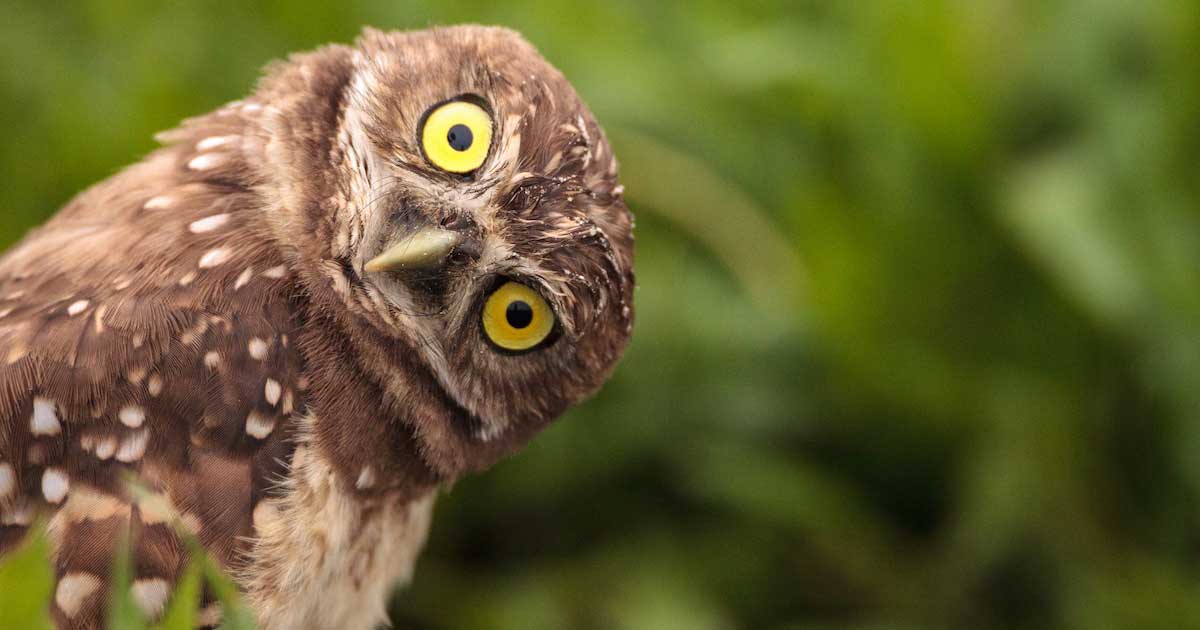

.jpg?sfvrsn=96553155_1)
